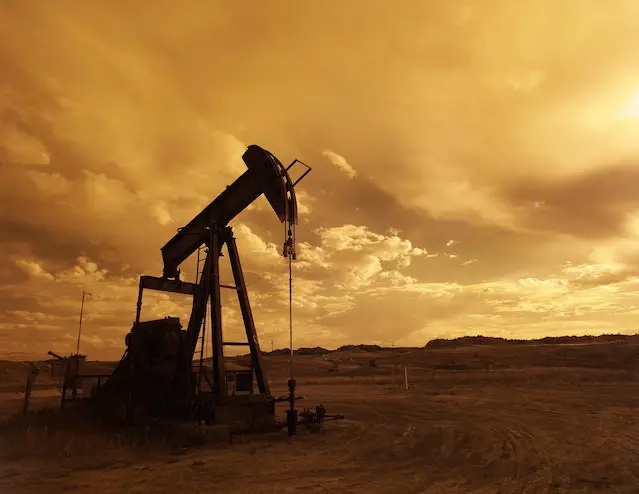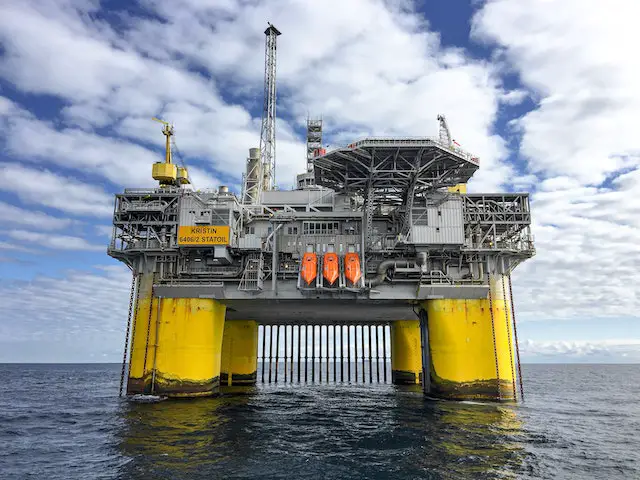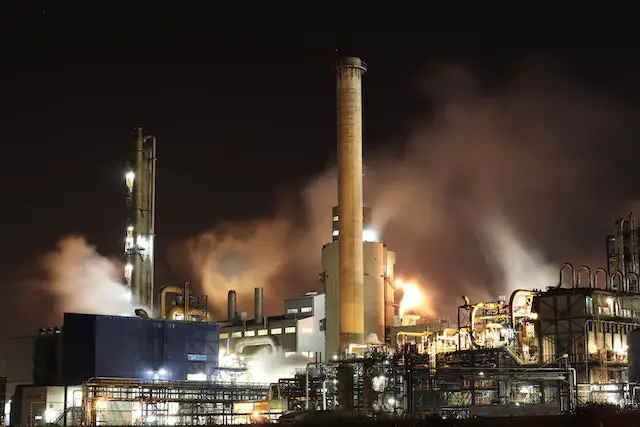
Running out of oil is a serious concern. Our modern civilization relies heavily on this finite resource to fuel our transportation, energy production, and even manufacture certain consumer products.
Despite the fact that oil reserves are being depleted at a rapid rate, our dependence on this non-renewable source of energy does not seem to be waning.
As such, it is essential to consider the potential consequences of an oil shortage and what would happen if we ran out of oil.
What are the impacts of an oil shortage?

There are several potential impacts of an oil shortage. One of the most significant consequences are:
Reduced mobility and transport
The most obvious effect of an oil shortage is a reduction in mobility and transport.
As the demand for fuel increases, gas prices will likely skyrocket, making it difficult or even impossible for many to afford the transportation costs associated with their daily lives.
This could disrupt travel plans, limit access to employment opportunities, and cause significant disruption to people’s daily routines.
Additionally, public transportation, which relies heavily on oil-based fuels to power its vehicles, could become much more expensive or even cease to operate altogether.
High energy costs
In addition to reduced mobility and transport, an oil shortage can also lead to significantly higher energy costs.
This is because electricity and heat are often generated using oil-based fuels such as natural gas or diesel.
As the price of these fuels increases, so do the associated energy costs.
This could leave many households struggling to stay warm during cold weather and unable to pay for other necessary utilities.
Additionally, industries and businesses may be forced to invest in more expensive energy sources or limit their operations due to the increased cost of oil-based fuels.
Decreased energy supply
Finally, an oil shortage could also lead to decreased energy supply.
This is because much of the world’s electricity production depends on oil-based fuels and with a reduction in these resources, power plants may be unable to generate enough power for their communities.
Additionally, without sufficient fuel reserves, global air travel could become limited or even cease altogether.
This could reduce our ability to access essential goods and services from abroad, disrupt international trade relations, and cause a decrease in the global economy.
- Read also: What Happens If We Ignore Climate Change
- Read also: What Would Happen If Everyone Become Rich
What are the long-term effects of an oil shortage?

The long-term effects of an oil shortage are even more concerning. These include:
Environmental degradation
The depletion of our existing oil reserves could lead to significant environmental damage as the demand for energy shifts to other non-renewable resources such as coal and natural gas.
This increased reliance on polluting fuels could lead to further air pollution, water contamination, and even global climate change.
The decline in economic growth
The depletion of our oil reserves could also lead to a decline in economic growth as the cost of energy production rises and industries are forced to invest in more expensive sources.
This could leave many countries struggling to compete with their international rivals, leading to increased unemployment and poverty.
Additionally, the disruption of international trade relations caused by an oil shortage could cause a decrease in global economic activity.
Social and political unrest
Finally, an oil shortage can also lead to social and political unrest.
As people struggle to afford essential services such as transportation, energy costs, and even food, they may turn to desperate measures in order to survive.
This could lead to civil unrest, political instability, and even violent conflict.
Additionally, the disruption of international travel may also cause increased tensions between countries as goods are unable to be freely traded across borders.
What are the mitigation strategies for an oil shortage?

In order to minimize the impact of an oil shortage, it is essential to implement a comprehensive set of strategies in order to reduce our dependency on oil-based fuels. These include:
Adopting alternative energy sources
The first step in reducing our reliance on oil-based fuels is to adopt alternative energy sources such as solar, wind, and hydropower.
By investing in these renewable sources of energy, countries can reduce their dependence on oil-based fuels and ensure a sustainable future for their citizens.
Developing efficient transportation systems
Another important strategy to mitigate the effects of an oil shortage is the development of more efficient transportation systems.
This could include the use of electric vehicles, public transport, and other efficient methods of travel that use less fuel.
Conserving existing resources
Finally, it is essential to conserve our existing oil reserves by limiting the production and distribution of oil-based fuels.
Additionally, governments should also encourage citizens to reduce their energy consumption in order to minimize their reliance on oil-based technologies.
Final words
Oil is an essential resource for the world and a shortage of this resource could have devastating consequences.
In order to minimize these impacts, it is essential to implement a comprehensive set of strategies that reduce our reliance on oil-based fuels and promote the use of renewable sources of energy.
Additionally, governments should also encourage citizens to conserve existing resources and reduce their energy consumption in order to ensure a sustainable future for the world.



